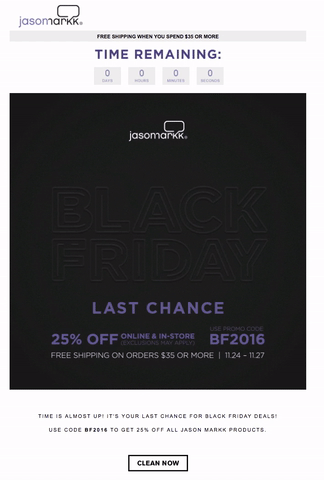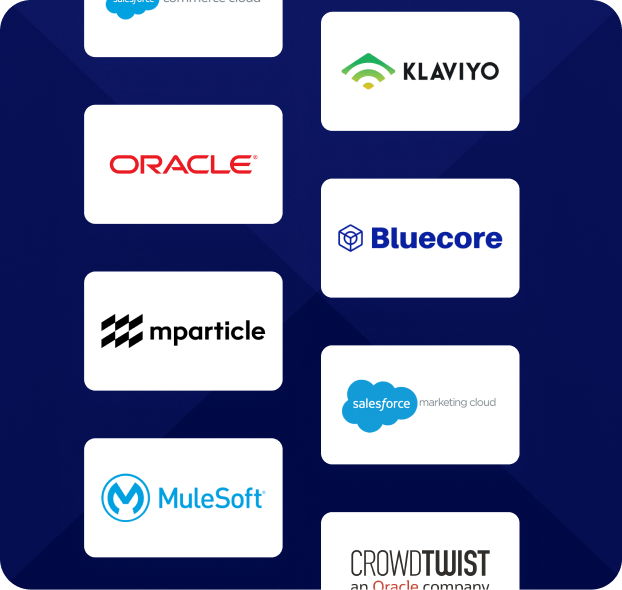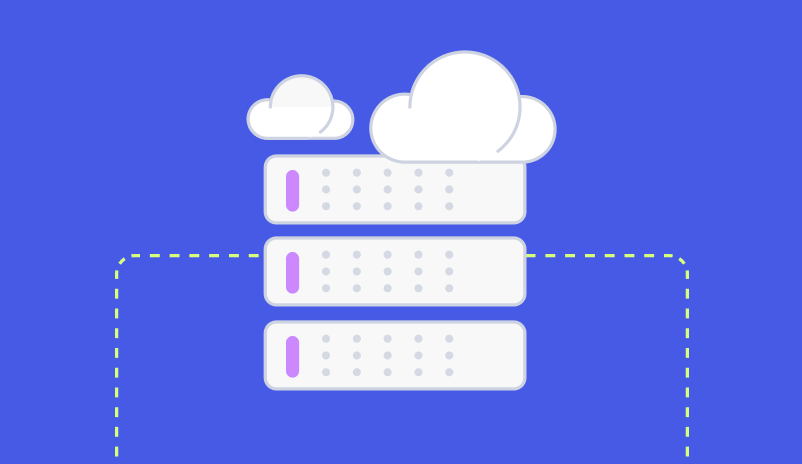5 Ways to Use Neuromarketing
If you’ve never heard the term neuromarketing, let’s get you up to speed. Neuromarketing refers to the effects marketing messages and campaigns have on our brain chemistry. Utilizing marketing psychology and neuromarketing in your next campaign can help boost engagement, drive click-through rates, and enhance feelings of brand loyalty in your customers. It’s easy to work neuromarketing principles into your next campaign. Let’s discover 5 easy ways to utilize neuromarketing concepts in campaign creation.
1. Reciprocity
Reciprocity is a fundamental part of human nature and even our neurological functions. The idea that if I give you something, you’re now obligated to give me something back is a fundamental tenet of our entire society and especially our social interactions. You can use this idea in your marketing by providing your customers with something of value on your website, in your email, or in your text communications. Providing them something that they feel holds value will make your consumers far more likely to trust you with their business, based on the neuromarketing principle of reciprocity.
Not only that, but reciprocity is also key for curation of backlinks and for business to business relationship building. When you link to another brand’s website, they’re more likely to link to yours in return, building your brand image and furthering the reach of your marketing messages.
2. Appeal to Emotion
It’s been proven through a variety of studies that messages which appeal emotional and psychological aspects resonate more with consumers than a campaign based on simple form and function does. When it comes to writing copy for your next campaign, try to play up the benefits your product or service can offer the customer, instead of focusing on features or technological details. It converts better when you demonstrate how your product or service can change a customer’s life, rather than to explain to them how your product works.
There are many emotions you can appeal to, but happiness and fear seem to be two of the most effective. Appealing to someone’s fear of missing out (FOMO) can drive conversions.

3. Make Exclusive Offers
When you’re able to promote a feeling of exclusivity surrounding your product or service, your consumers will feel a boost in their self-esteem in the fact you’ve included them in your “secret club.” It’s a principle of neuromarketing that people like to feel important, and like they belong to an exclusive group. For your next campaign, appeal to your reader’s sense of exclusivity with a sneak peek and new products or access to some limited information.
Not only can exclusivity help you foster feelings of brand loyalty in your customers, but combine that exclusivity with interactive content, and you’ve got campaign gold that will drive engagement like never before.

4. Ask your Customers to Invest in Your Message
A study out of Harvard Business School has proven that the more effort we exert into an activity, the more value we place on it. The school dubbed this neuromarketing phenomenon “The Ikea Effect.” It holds true that consumers tend to value their Ikea furniture more, simply because they put forth the effort to assemble it themselves. In your marketing campaigns, you can utilize Reveal Marketing to achieve this same effect.
Revel marketing refers to a special kind of interactive content that requires the reader to interact with your message by sliding, swiping, or tapping, in order to uncover a hidden portion of your campaign. By asking your consumers to work for the information you serve them, they are psychologically wired to value it more highly than if you simply told them the entirety of your message from the beginning.

5. Utilize Near Miss Theory
If you’ve ever gone to a casino, you know the feeling of watching a slot machine spin and spin before it settles on the line directly above or below the one you needed to win big. Somehow, this failure makes us more likely to continue playing, instead of to quit. Why is that? Well, according to neuromarketing, it’s because of Near Miss Theory. Our brains are wired to be compelled by that feeling of being so close to a win, that we’re willing to stick around and try again and again.
In your campaign creation, you can use Near Miss Theory in combination with Reveal Marketing and a discount offer to hit the jackpot of all neuromarketing techniques. The interactivity of Reveal Marketing will utilize psychological principles detailed above, while the offer of a discount will trigger the neuromarketing principle of Near Miss Theory to ensure your consumer interacts with your next message as well.
Now that we’ve covered some basic neuromarketing principles, you’re ready to create your next campaign today. For more inspiration check out the Zembula Academy, where we have lessons to teach you about every aspect of marketing psychology and neuromarketing.

Grow your business and total sales





